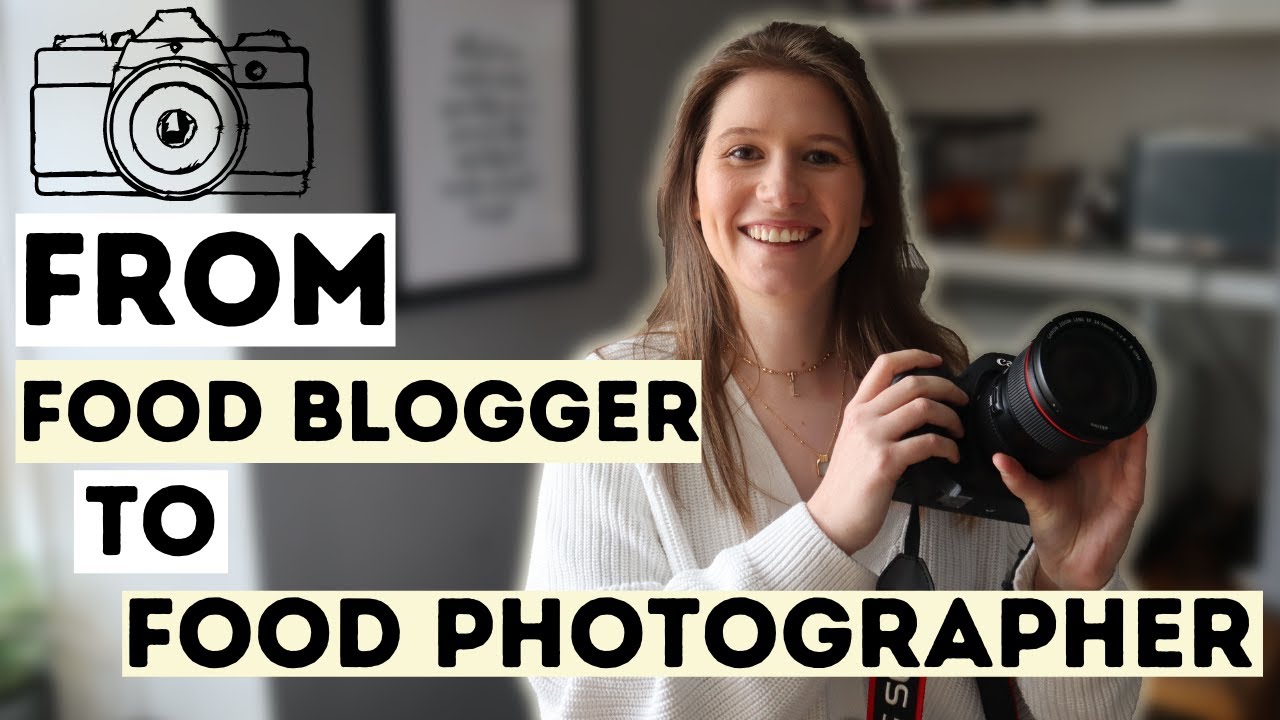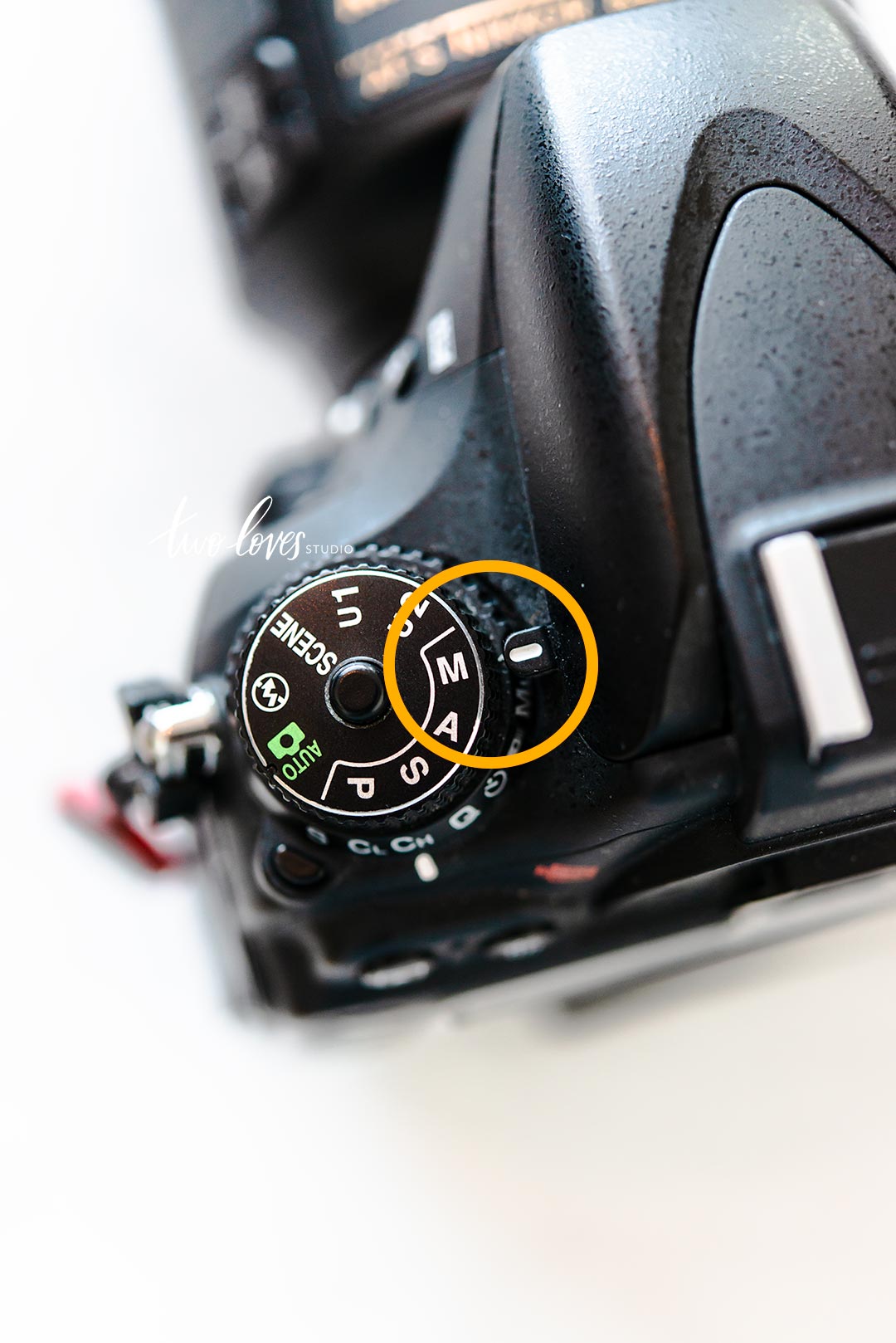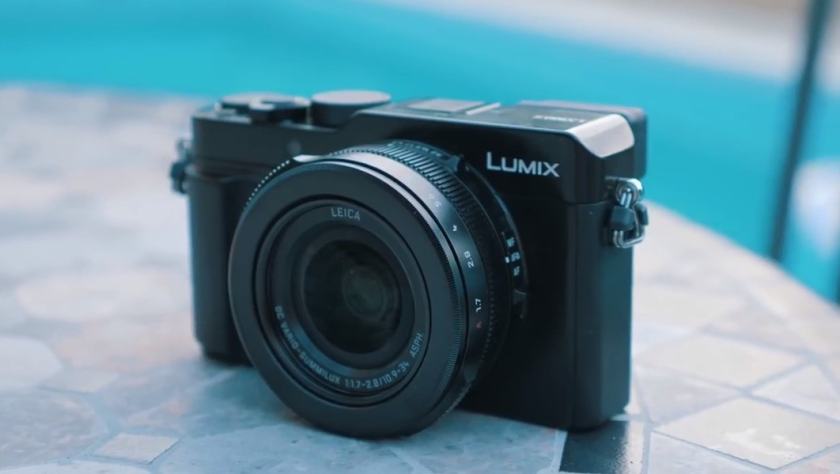
If you love creating images, a career as a photographer may be the right choice. Photographers work in many industries, including manufacturing, science, and business. Many photographers work as freelancers or contract workers. Between 2020 and 2030, the employment of photographers is expected to rise 17 percent. This is much faster than the average rate for all occupations. In this period, approximately 12,700 new jobs for photographers will be available each year.
Photographers produce images that paint a picture
Photographers create pictures that are unique by using composition, lighting and techniques. There are many techniques photographers can use, in addition to the classic, still-life approach. To alter perspective, one type of photography includes using a crystal ball lens or fisheye lens. Artists who render images transform ideas. Photographers can also experiment with different techniques, such as adding more light sources or using multiple types of light.

They can be found in many areas of science, manufacturing, or business.
An entry-level position in photography requires a degree. However, there are many online courses available to improve your skills. For a deeper understanding of the subject, you may want to take classes in biology, medicine, or chemistry. It is possible to find part-time work in related fields. These jobs can include web design and publishing. Professional photographers may look at you if you have the natural talent to take great photos. After working for a professional photographer for years, you may eventually want to specialize in a particular area. Experience in photo-editing software is also an option. This skill is crucial for a career as a photographer.
They are self-employed
Photography requires creativity, regardless of whether you are self-employed or freelance. This requires that you have excellent interpersonal skills. You must also be able to read body languages and coordinate actions with others. It is also necessary to have excellent communication skills. These will allow you to understand others and explain things clearly. A freelancer must be able to provide outstanding customer service. Your customers will return time and again, so you need to be able to spread your word.
They are contract laborers
One of the most common freelance photography jobs is taking photographs for other people. These photographers work for a fee and follow the direction of the person hiring them. They are required to work a specific task and have set hours. They are responsible to complete tax documentation, pay certain taxes, provide workers compensation, and unemployment insurance. There are many places to look for photography contracts, including freelance sites and social media.

They earn a decent wage
Photography degrees are not required in most countries. A degree in photography can help you standout on the job marketplace. Having a degree can also give you an advantage in your portfolio, which can lead to more sales. The duration of a degree in photography varies depending on the country and the level of education you are seeking. However, many photographers are self-taught.
FAQ
Is photography a worthwhile career?
Photography allows you to record moments in time and share these with others. If you are willing to work hard, photography can be a great way for you to make money. There are many opportunities to make a career as a professional photographer. You could start by taking pictures for friends and family as a hobby. This would improve your confidence and skills. Once you have completed this stage you can move on and take on paid assignments. Photographers who are the best earn a living doing what they love. They may take clients to events such as weddings and parties, where they must capture images of people enjoying themselves. However, most professionals prefer to shoot commercial projects such as product shots or advertisements.
To be a successful photographer, you must first identify what kind of photography interests you. Continue to practice, experiment and learn new techniques until your skills are perfected. It is impossible to replace the experience of being in this position. Don't expect instant success.
It is important that you first learn technical skills in order to be able to focus on creativity. Photography is both technical and artistic. The best way to achieve success in photography is to master the fundamentals of composition and use the right tools.
You should also consider whether you want to pursue a career in photography full-time or part-time. Some people choose to combine their passion for photography with other jobs. A freelance assignment might allow you to work in a local paper or magazine, while still pursuing your passion for photography. Some people choose to devote all of their time to photography. Whatever your creative choice, you will need to be dedicated and committed to success in every field.
A serious photographer will have to dedicate a lot more time and effort if they want to build a successful career. You should think about whether this is something you want to dedicate your life to.
What equipment do I need to get started in digital photography?
You should first consider what kind of camera you want when you begin digital photography. There are many options: DSLRs (digital Single Lens Reflex Cameras), point-and–shoot compact cameras or camcorders. Each one has its advantages and disadvantages. DSLR cameras, however, are larger and heavier than most other types of cameras. Point-and shoot cameras are smaller, lighter and have more automatic settings. Camcorders offer excellent video recording capabilities, and may also have still photo shooting modes. Smartphones can be small and lightweight and are easy to transport.
Once you've chosen the type of camera that you want, you can decide whether to purchase a used or new model. Used cameras can be found at reasonable prices, especially if they were purchased within the last few years. Because of the large amount of money that manufacturers spend on new technology, older models are more expensive.
Next, you will need lenses. Lenses play a key role in determining the quality of your photographs. These lenses allow you control the focal length of your lens, which allows you to zoom into the scene and not lose focus. Some lenses are equipped with flash units built in, while others require external flash units. There are many brands that offer a wide variety of lenses, each with its own unique characteristics.
Finally, you'll need to buy memory cards. Memory cards store photos taken by your camera. You can store hundreds, thousands, or even more pictures depending on the size of the card. Multiplying your memory cards is necessary if you are going to be taking lots of photos.
How do I look good in pictures?
The best way to ensure you look good in photos is to take them yourself. You'll learn how you pose for the camera and which angles are best. Learn how to use lighting, props and other tools to enhance your natural beauty.
You will learn how to choose clothes that fit, make-up that suits you, and hairstyles and styles that work for your face.
If you are not happy with your results, we will show you how you can retouch them using Photoshop and other editing tools.
Don't be afraid to take some self-portraits.
Why use Light Room to enhance your pictures?
The best way to ensure you have the perfect photos for your project is to start early. It's always a good idea to take as many pictures as possible and then decide which ones will be the most valuable.
This is possible because Lightroom lets you see how different settings affect each image. You can also adjust these settings on-the-fly without going back into Photoshop. This allows you quick experimentation to see what looks best and what doesn’t.
Is photography a talent?
Photography is not an artistic talent. It is an art that takes practice, training and experience. To master any aspect of photography, it takes years of practice and study.
Photographing is a business that requires a plan.
This requires you to identify the type of client you are trying to attract and to find out how to reach them.
You need to know who they are and what they want. You must learn to communicate clearly and persuasively to persuade them to buy your services.
This means you need to be prepared and well-organized when meeting potential clients.
You will need to have a portfolio of work before you can approach potential customers. This can be done digitally through software programs or printed on to paper.
After you have built a portfolio, it is time to look for ways to showcase it. You can either approach businesses directly or advertise online.
What camera is the best for beginners, and why?
Your budget, your needs, and your skill level will determine which camera is best for beginners.
If you are looking to save money, then a point and shoot digital camera might be the best option. These cameras have a good quality, but they are not very versatile.
Digital Single Lens Reflex cameras come with interchangeable lenses which allow you to capture different types of images. These lenses are usually more expensive than point-and shoots, but offer greater flexibility.
For beginners to photography, the beginner's set is a great place for you to start. The package includes everything you need: a camera, lens, memory cards, tripod, flash and a camera body.
Do not forget to get extra batteries!
How can I learn photography on my own?
There are many different ways to learn how take great photos. There are several options. You can read a book, go to a class, or join an internet community. If you really want to learn how to take pictures, it's best to do it yourself. By doing it yourself, you are in complete control of what goes into each shot. You will continue to learn and improve, so long as you are willing to keep learning.
In fact, one of the best things about digital photography is that you don't even need expensive equipment. All you need to get started is an internet-connected computer and a digital camera. All else is up to you.
Here are some ways to get started.
-
Make sure you are familiar with your camera’s manual settings.
-
Learn how to use the controls.
-
Take lots of photographs.
-
Edit them.
-
Share them.
-
Keep practicing.
-
Experiment.
-
Explore different perspectives and angles.
-
Use light sources creatively.
-
Practice makes perfect.
-
Don't be afraid to fail.
-
Be patient.
-
Have fun
Statistics
- By March 2014, about 3 million were purchased monthly, about 30 percent of the peak sales total. (en.wikipedia.org)
- While I cannot prove that all of those spots were not sensor dust, the photo was taken during a heavy snowstorm…so I guess that 99.8% of the spots are snowflakes. (bhphotovideo.com)
- This article received 13 testimonials, and 100% of readers who voted found it helpful, earning it our reader-approved status. (wikihow.com)
- In this case, 100% of readers who voted found the article helpful, earning it our reader-approved status. (wikihow.com)
External Links
How To
What skills are required to become a photographer?
Basic skills for any job in photography include artistic ability, technical knowledge, and business acumen.
Technical knowledge includes understanding exposure, camera functions, lens type, film speeds, and developing techniques.
It is important to have artistic talent. This includes understanding composition, lighting, posing, and how to use Photoshop.
Business acumen includes budgeting, scheduling and time management. It also involves dealing with clients.
Photography is something you must be passionate about if your goal is to become professional photographer.
Photography classes can be taken at schools, colleges, or online.
You will also find many books on photography that can help you.
Not only is it important to study photography, but it is also important to develop your style.
This will allow you to stand out from other professionals in your field.
Photography has changed throughout the years. In the past there were cameras like the Kodak Instamatic camera or Polaroid instant cam.
Digital cameras have become more popular today than ever. Photographers these days use smartphones to take pictures.
You can get a smartphone that captures high-quality pictures, but if photography is your passion, you must invest in a DSLR camera (Digital Single Lens Reflex).
A DSLR can be used to control every aspect, from shutter speed, aperture, ISO, sensitivity, white balance, focus, and white color.
These features allow you to create different effects and produce stunning photographs.
You can also use these controls to alter the mood of your photograph.
For example, you could make your subject appear blurry by using a fast shutter speed.
You can make them appear like they're moving by increasing light into the camera.
Another way to change the mood of your image is to adjust the color temperature of the scene.
You can, for example, increase the red in the picture if you see a lot of blue light. This will give it a warmer look.
It can be confusing to know where to point your camera.
Once you learn the basics, however, you'll soon realize it's not that difficult.
In fact, it is much easier than you think!
It is likely that you will only start out shooting landscapes or close-up shots when you first begin.
But don't worry; as you gain experience, you will be able to capture anything from portraits to abstracts.
Once you are proficient in the basics, you will be able to move on to more difficult subjects.
Here are some tips to help you get started:
-
Find a peaceful place. Places that allow you to relax and have fun are best.
-
Find something interesting to photograph. Try to find unusual or unique objects.
-
Practice photos are a must. Practice makes perfect!
-
Experiment with different angles. Hold your camera differently depending on what you are trying to achieve.
-
Use different lenses. Different lenses offer different perspectives.
-
Low-light photography is a good option. Photography in bright sunlight can be challenging.
-
Practice framing the shot. When capturing images, framing is a crucial skill.
-
Learn how your camera settings work. The best way to improve your photography is to spend time experimenting with your camera settings.
-
Keep learning new techniques. Photography is a vast subject. Visit local galleries, museums, libraries, and other venues to find out more.
-
Read books and magazines. Reading about photography will teach you everything you need to know.
-
Join a club. Many clubs encourage members to share their work at events.